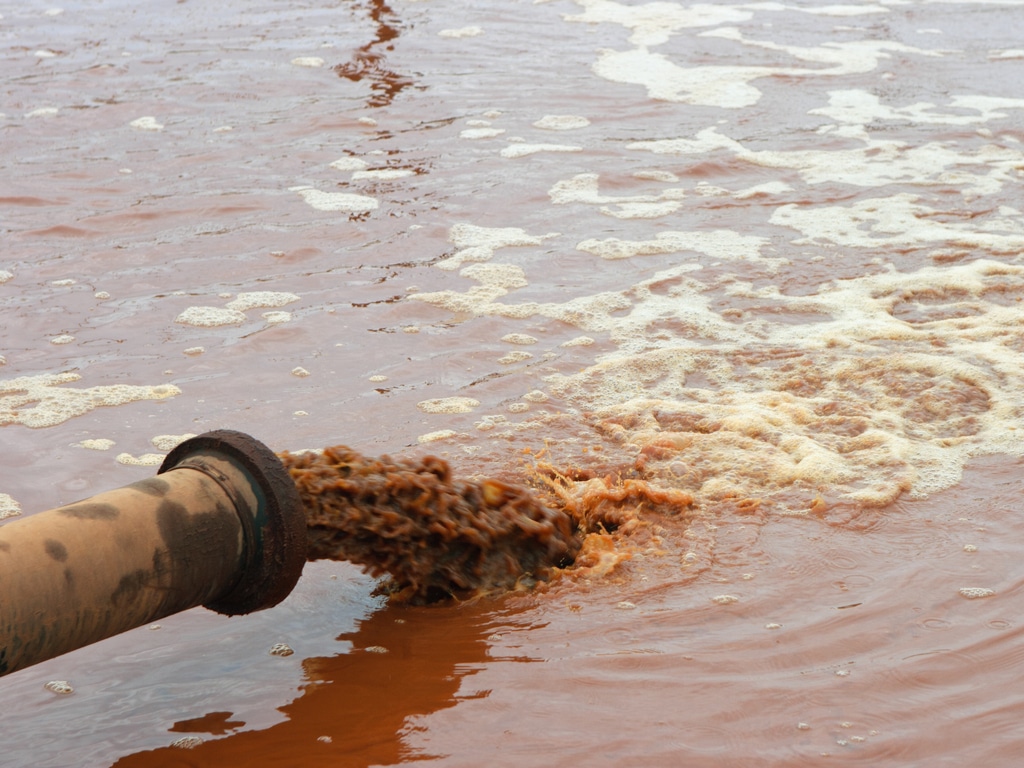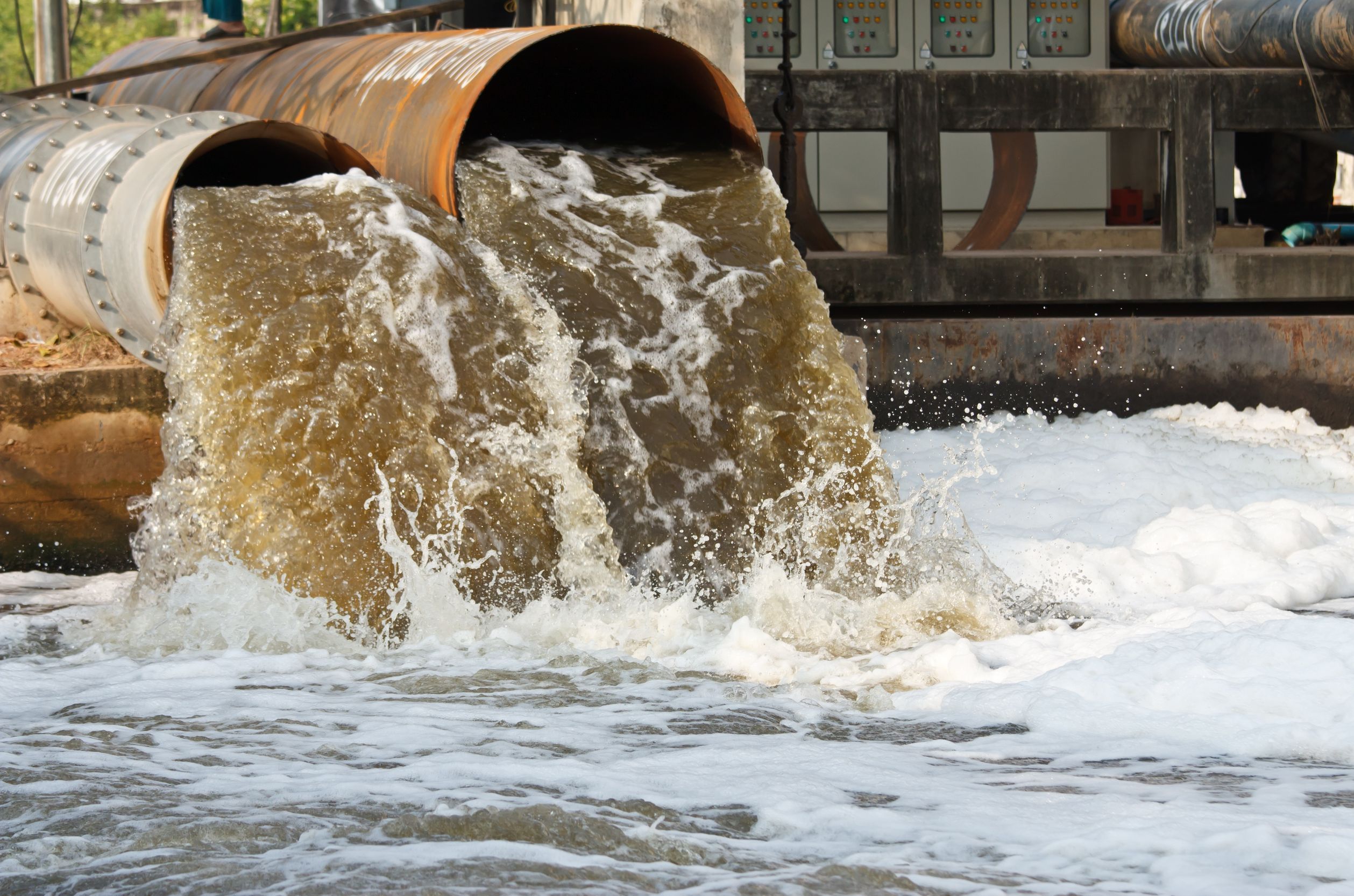Water pollution is one of the biggest environmental challenges that directly affect human health and living organisms, in addition to its negative effects on economic activities such as agriculture and industry. The importance of treating water pollution has increased in light of the rapid population growth and increasing pressure on water resources. Therefore, water protection requires integrated efforts based on the application of advanced solutions that are in line with local and international environmental standards.
Environmental standards are a basic reference for determining acceptable levels of pollutants in water. These standards include setting maximum values for chemicals, bacteria, heavy metals, and suspended particles. These guidelines are used to ensure that treated water is suitable for human, agricultural, or industrial use, while maintaining the ecological balance.
One effective solution to treat water pollution is the use of biological treatment systems. This technology relies on microorganisms to analyze organic materials in polluted water and convert them into less harmful compounds. Physical and chemical techniques such as sedimentation, clarification, and adding chemicals can also be used to treat heavy metals and toxic compounds.
Desalination technologies are considered advanced solutions to treat saline or highly polluted water. These technologies are used in areas suffering from water scarcity, and produce high-quality water that meets international standards. These technologies include desalination using membranes (reverse osmosis) or multi-stage evaporation.
In addition to direct treatment, focus should be placed on reducing sources of pollution at the source. This includes improving sewage systems, and treating industrial wastewater before discharging it into natural sources. Sustainable agriculture that relies on the careful use of fertilizers and pesticides also contributes to reducing their negative impacts on water quality.
The role of laws and legislation in regulating water use and treating its pollution cannot be overlooked. These laws require factories and relevant entities to comply with environmental standards, with strict penalties imposed on violators. These regulations also allow investments to be directed towards improving water treatment technologies and developing infrastructure.
At Tamaya Center for Environmental Consulting and Studies, we provide integrated and advanced solutions for treating water pollution according to the highest environmental standards. We conduct accurate studies to determine the nature and levels of pollutants, and provide customized treatment plans that include choosing the most appropriate technologies for each case. We also work to raise awareness in communities about the importance of protecting water resources, and provide the necessary consultations to develop sustainable treatment systems that contribute to preserving water and ensuring its continuity for future generations.

